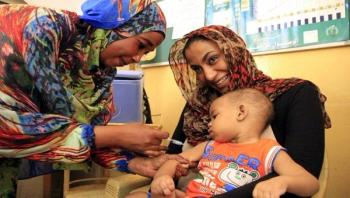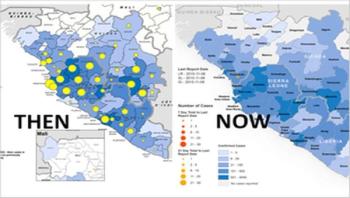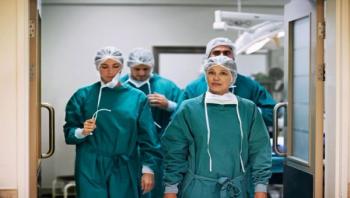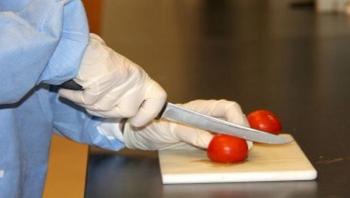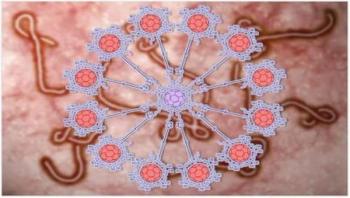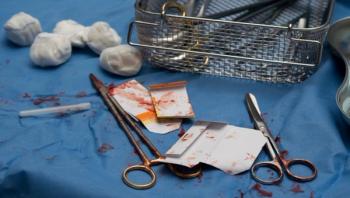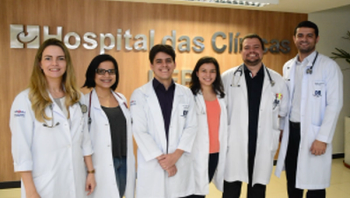
Scientists studying the biosynthesis and production of microbial natural products now have a greater insight into the process thanks to research conducted at the U.S. Department of Energy’s Argonne National Laboratory in collaboration with scientists from the Scripps Research Institute and Rice University.


